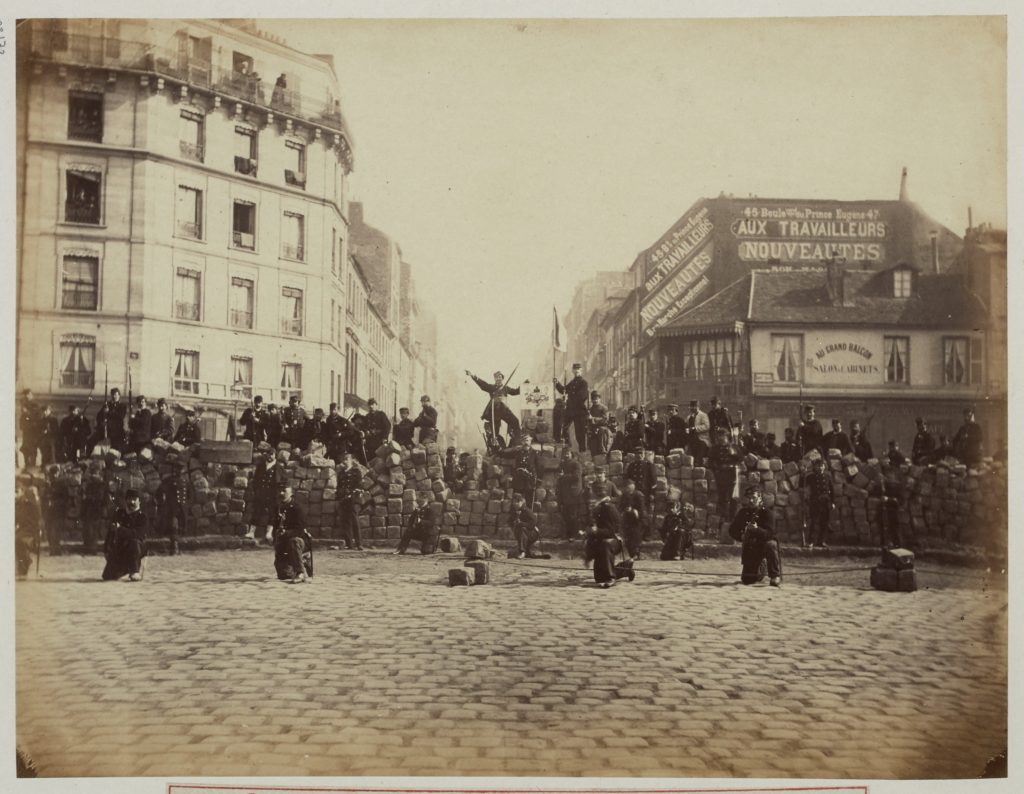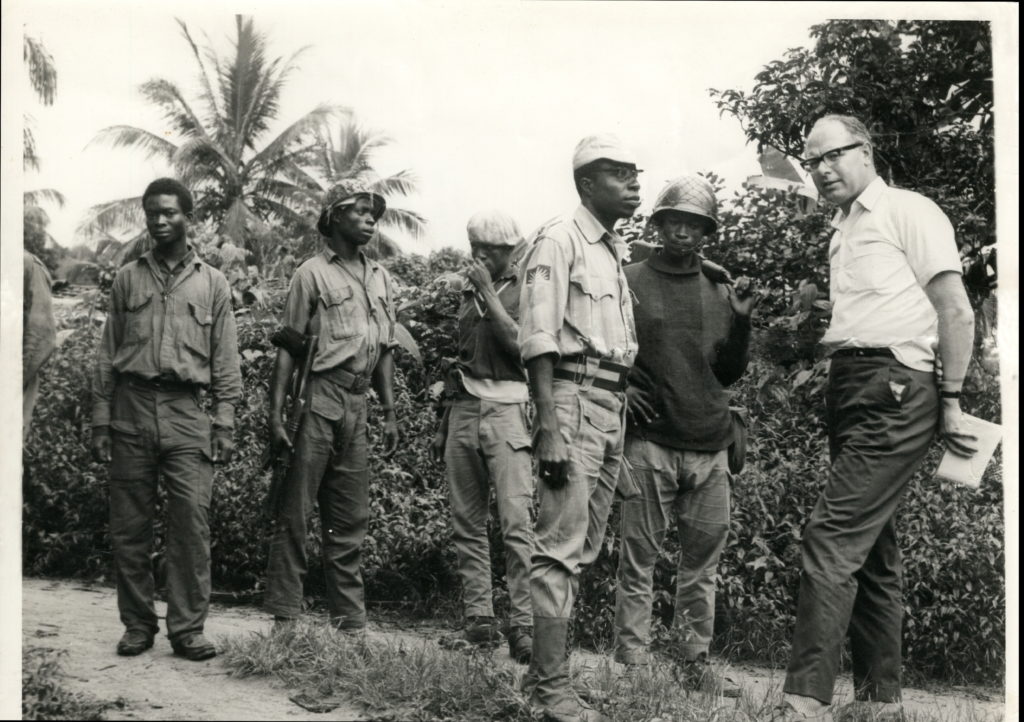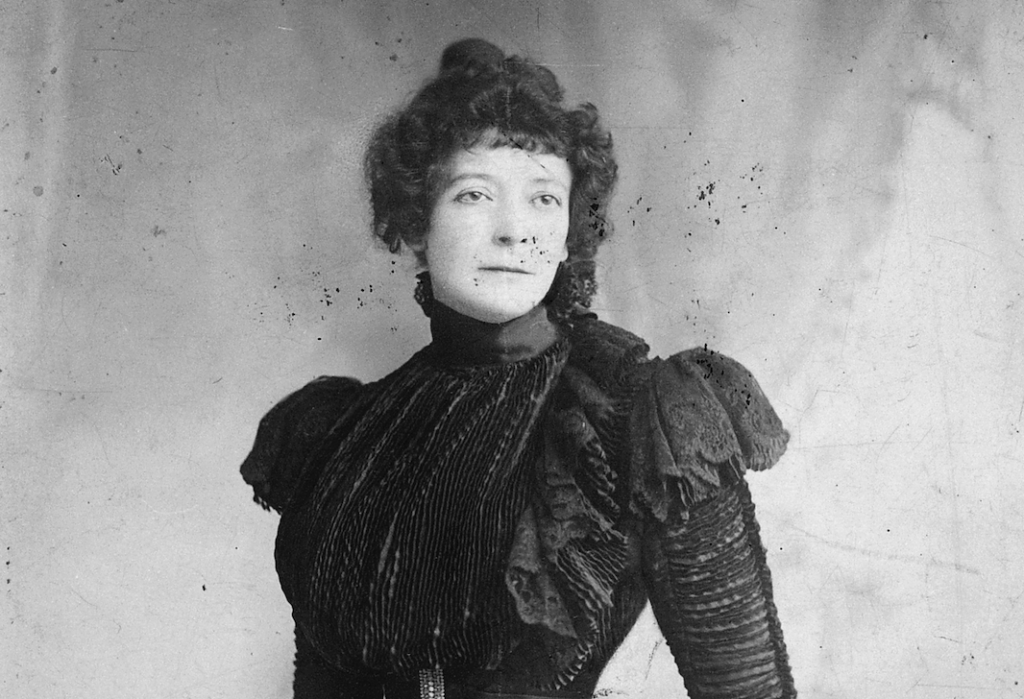A NEW exhibition has opened which highlights the work of Irish journalists positioned on frontlines across the globe.
EPIC The Irish Emigration Museem launched Frontlines: Irish Journalists Abroad today.
The exhibition tells the stories of Irish men and women who travelled the globe to report on the pressing issues of the day - from Europe and the Americas to Africa and the Middle East.
”Frontlines: Irish Journalists Abroad celebrates the courage and commitment of Irish reporters who have risked everything to bring important stories to the world,” EPIC CEO Aileesh Carew said.
“From war zones to regions gripped by famine and disease, their work has exposed injustice and centred the voices of marginalised people.”
She added: “This exhibition surveys the long history of Irish journalists working overseas while also showcasing examples of contemporary reporting.”
 Irish coverage of a Paris barricade in 1871
Irish coverage of a Paris barricade in 1871Curated by Dr Catherine Healy and supported by the Department of Foreign Affairs, the exhibition is organised around themes which include the role of journalism in reporting war and those pioneering journalists who broke social and professional barriers in order to achieve their goals.
“Irish journalists have documented some of the most significant social and political issues of the past two centuries - from William Howard Russell’s damning reports on the Crimean War and Frances Power Cobbe’s analysis of violence against women, to Sally Hayden’s exposure of the human rights violations on Europe’s borders,” Dr Healy, who is the Historian-in-Residence at EPIC, said.
“Technology has transformed the tools and formats through which news is told, but the human drive to find and share important stories remains unchanged,” she added.
 Irish journalist Des Mullan pictured with Biafran soldiers
Irish journalist Des Mullan pictured with Biafran soldiers“This exhibition is an exciting opportunity to highlight the breadth and impact of Irish reporting from across the world, drawing on both historical records and contemporary interviews.”
Among those featured in the exhibition are the Irish Canadian newspaper columnist Kit Coleman, who became one of the first ever accredited female war correspondents, covering the Spanish-American War in Cuba.
She later co-founded the Canadian Women’s Press Club.
 Irish Canadian columnist Kit Coleman
Irish Canadian columnist Kit ColemanElsewhere Roscommon-born journalist Charlotte O’Conor Eccles, who was born in 1863 and died in 1911 is highlighted for blazing a trail for women in Fleet Street.
Des Mullen, is noted for his reportage on the Biafran famine in 1968 and 1969, which raised awareness of the devastating humanitarian crisis and promoting a fundraising drive that financed mercy flights delivering food and medicine.
He died in 2021 and his travel typewriter and stamped passport will be on display as part of the exhibition.
The exhibition, which opened today, runs until March 31 2026 at EPIC The Irish Emigration Museum. Further details here.

